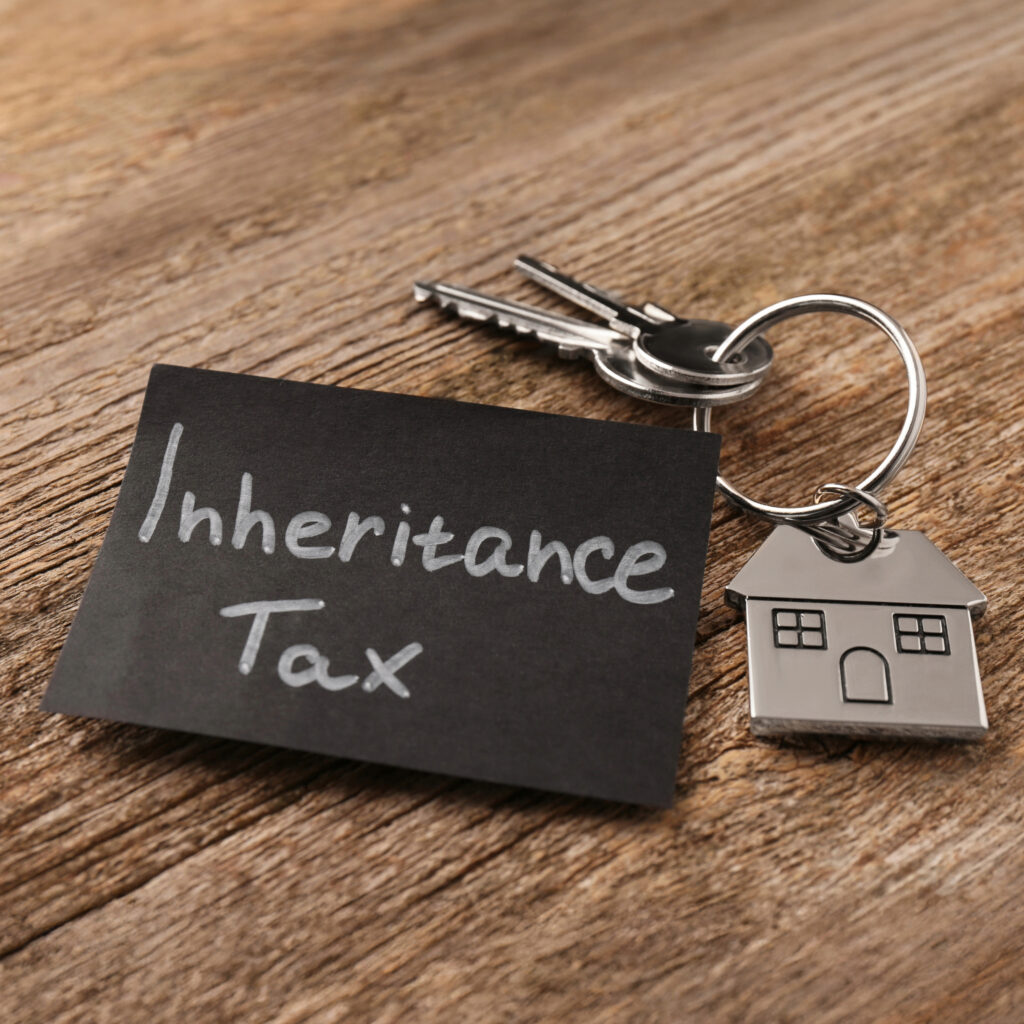Chancellor Rachel Reeves’s expected targeting of property and wealth in this month’s Budget will hit homeowners the hardest, one leading property expert says.
According to the chief executive of Scotland’s largest estate and letting agency, DJ Alexander, the mounting speculation about inheritance tax (IHT) changes is causing alarm among ordinary families.
David Alexander says they fear being dragged into a system once meant for the very rich.
Government sources have confirmed that ‘unearned wealth’ is in focus as the Treasury looks to plug a £50bn gap in the public finances.
Not a ‘rich’ tax
Currently, inheritance tax stands at 40% on estates above £325,000, with an additional £175,000 allowance for a main residence passed to direct descendants.
While those thresholds have been frozen since 2009, property prices have surged, pulling far more people into the tax net.
Had the limit kept pace with inflation, the nil-rate band would now exceed £523,000.
Figures from HMRC reveal that grieving families paid a record £8.2bn in inheritance tax last year, and forecasts suggest the total could rise to £14bn by the end of the decade.
Most want to abolish IHT
Despite this, a YouGov poll found that 54% of respondents support abolishing IHT entirely, reflecting growing frustration as more estates become liable for payment.
Wealth managers are reporting rising numbers of clients transferring assets early to avoid potential tightening of the rules.
Equity release advisers have also seen more homeowners unlocking funds from their properties, with the Equity Release Council noting a 10% annual rise in withdrawals in the second quarter of 2025.
The average amount released reached £126,422.
Tax hits everyone
Mr Alexander said: “There is a view that IHT is something that only impacts upon the very wealthiest in society.
“We are told that this tax only hits those with ‘the broadest shoulders’ and that most people should not worry as it will only affect a small sector of society.
“The truth is that it increasingly impacts on more and more ordinary homeowners who have simply seen the value of their property increase over the last three decades.”
He added: “To state that someone who has paid a mortgage and saved all their life and accumulated assets worth over £325,000 in now rich is clearly not a realistic definition of wealthy.”
Homeowners won’t sit back
He continued: “Indeed, it won’t be the wealthiest who will be most affected but mostly those who have benefitted from rising house prices over the last two decades.
“The richest in society have accountants and advisers who are able to severely reduce their liability while the most affected will be those with smaller estates who will be drawn into paying this tax.”
Mr Alexander warns that any move to tighten the rules could have unintended consequences.
He said: “The assumption by the Chancellor is that homeowners will simply sit back and let this happen to them.
“The reality is that any change will generate huge behavioural changes which will reduce the amount any increase in IHT will bring.
“There is already evidence that this is happening as people have increased the size of gifts given to relatives prior to the Budget and more are withdrawing value from their homes through equity release.”
Reduce IHT argument
Mr Alexander says there’s a strong argument for reducing the IHT rate, removing some of the exemptions and anomalies which could result in higher returns for the Treasury.
He added: “These tax changes target ordinary British people.
“It’s people who are working very hard, building up a pension and paying off their mortgage.
“These are people who are doing everything that the system is telling them to do and yet they are now to be penalised for doing the right thing.
“It can’t be right that this specific group – who have saved, bought a home, and paid into a pension – should be seen as an easy target for increased taxation.”
Have your say by commenting below

